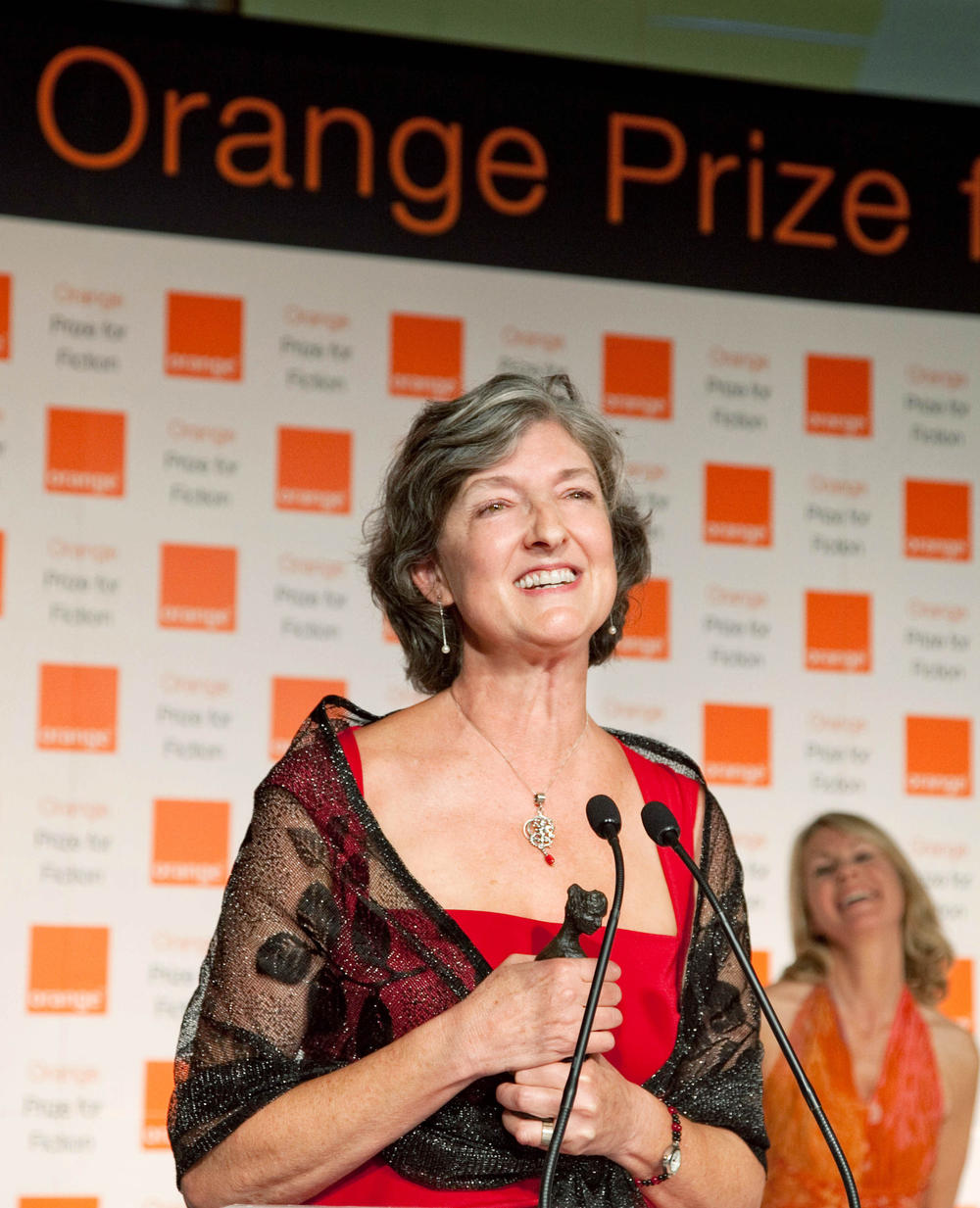
Section Branding
Header Content
Author Barbara Kingsolver Loves Being 'A Voice For My Kind Of People'
Primary Content
Barbara Kingsolver has been named one of the most important writers of the 20th century. In April, Macon's Mercer University awarded the author its 2021 Thomas Robinson Prize. She speaks to GPB about Southern life, reading poetry and how writing in the pandemic was less, not more solitary.

GPB’s Rikki Klaus and Rickey Bevington asked what makes Kingsolver a Southern writer. During the interview, Kingsolver made an important distinction: she's an Appalachian.
“Which is a particular kind of Southerner," Kingsolver said. "We think of people in Georgia and Alabama and Mississippi are Southerners. They have a different accent from ours. Different cultures from ours."
What Southern states do share, she said, is that they’re largely rural — and she said rural people are often misrepresented.
"We are widely mocked by mainstream American culture," she said. "So, I really want to be a voice for my kind of people, for rural people and Southern people and reflect the honor and the beauty and the complexity of our lives to counter a lot of the stereotypes.”
Kingsolver has lived and worked around the world — in Africa, Asia and Europe. But in the long run, she said, what called her back was home.
"I missed the woods," Kingsolver said. "I missed mossy creek banks and the language and the culture and the modesty and the love of my own people."
Kingsolver said her ideal day is spent alone, in conversation with the characters she’s developing in her head. But the pandemic actually made life less solitary.
"My whole extended family has stepped in with child care duties, and I'm very happy to have had this wonderful time with my grandchildren," she said.
Kingsolver was challenged with an unfair question: Which of her books does she like best?
"I could never choose one of my books as a favorite; that would be like choosing a favorite child," she said. "And just like children, I can tell you that some of them were easy and some of them were hard."
The hard ones were made harder, she said, by a lot of judgment for being a woman writing ambitious novels.
"Many of the judgments that were made against me as a woman writer at the beginning of my career are faced by my daughters now in a way that's really no different,” Kingsolver said.
During the prize presentation, the author and farmer read a poem, "How to Shear a Sheep," from her most recent book, How to Fly (in Ten Thousand Easy Lessons).
"I love reading poetry and I love writing poetry," Kingsolver said.
But at the moment, she’s writing a screenplay, an adaptation of her most famous work, The Poisonwood Bible. It follows a white American missionary and his family in the Belgian Congo over several decades, starting in 1959. As she writes the script adaptation, Kingsolver said she's approaching the project carefully.
"It represents a lot of kinds of people, including African people and also rural working class Southern people," Kingsolver said. "And the Hollywood industry is not well-versed or particularly friendly to any of these groups. So, it is a slow process. I'm not going to do it wrong."
Among other things Kingsolver said she's working on? Her next book.


